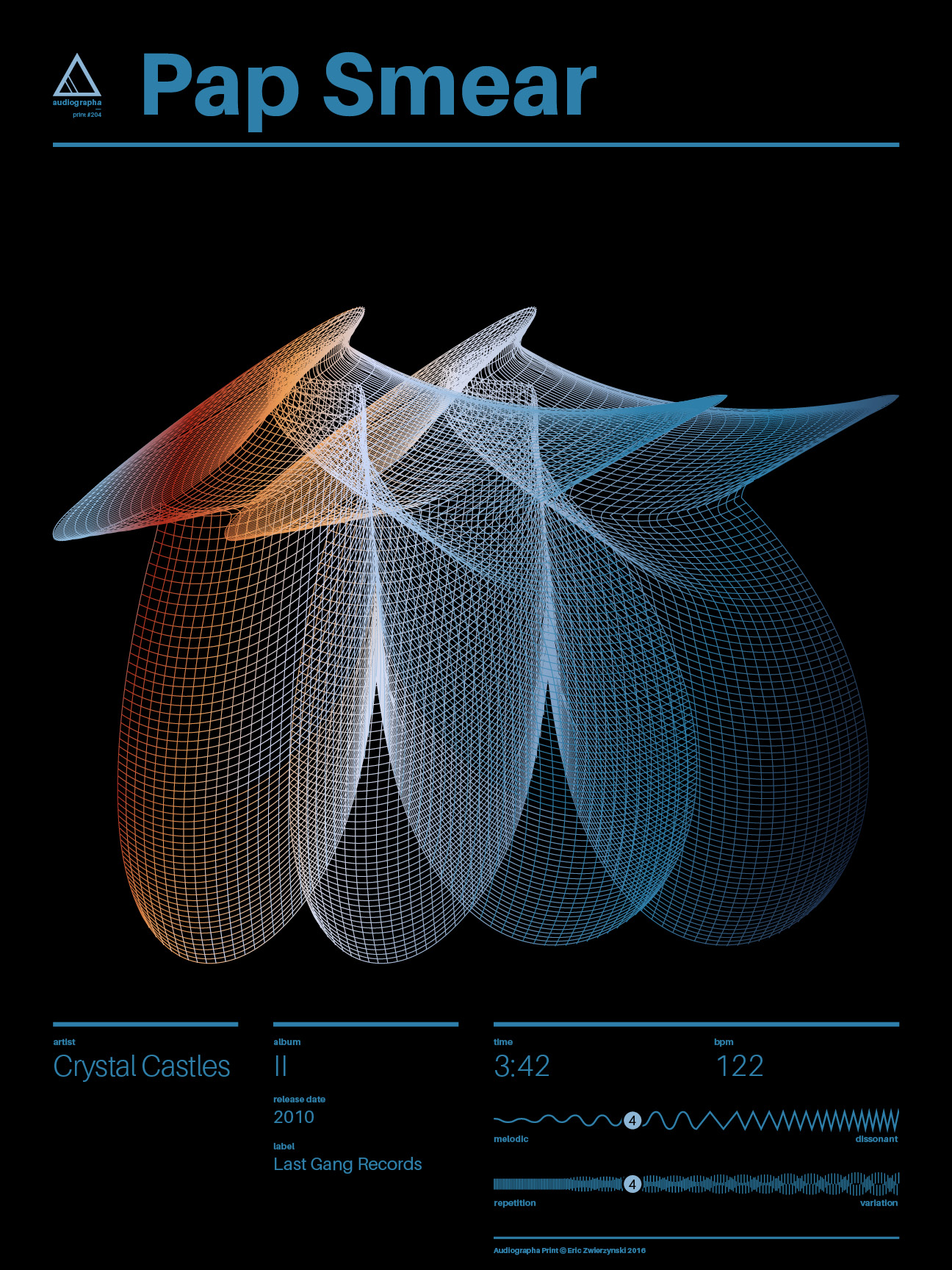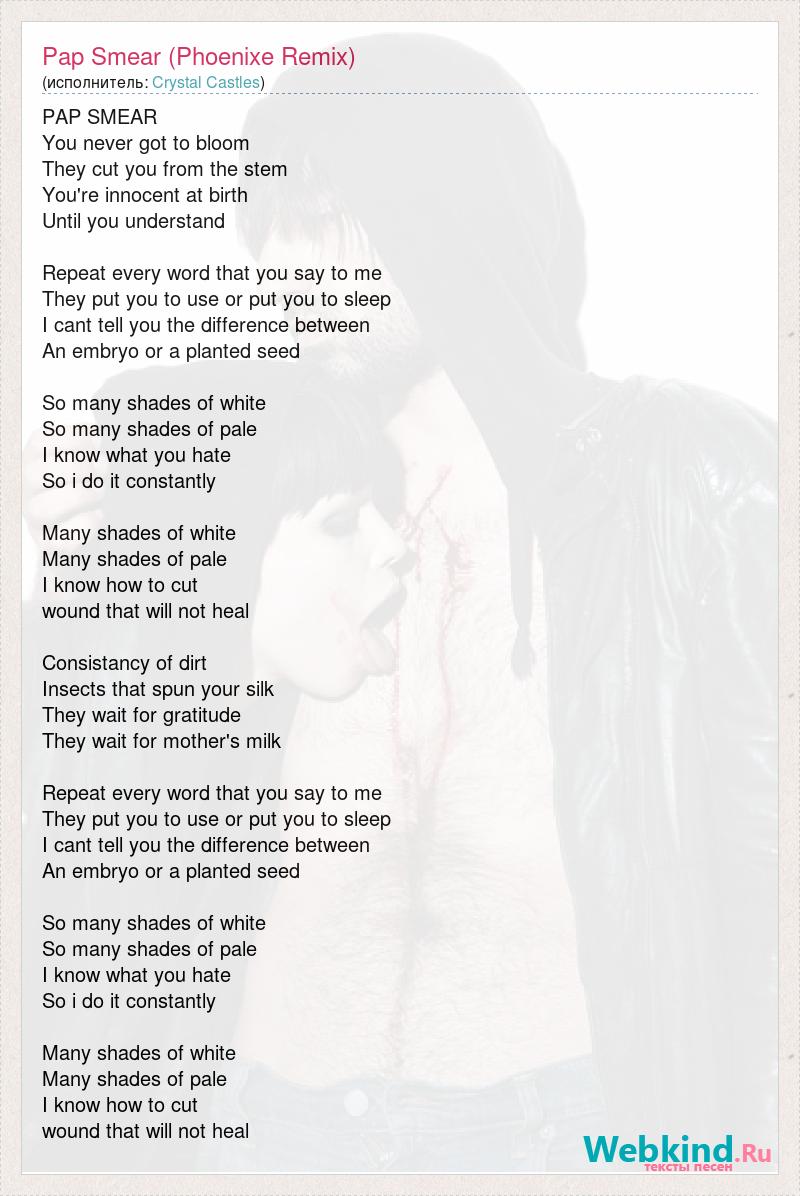

(And in one case here, much later: “One Day I’ll Fly Away,” recorded by Randy Crawford in 1980.) They’ve also both become song-finders, collecting tunes recorded by singers around the middle of the last century that never quite became standards.

Haden has gone this way more and more, especially live, in duets, doling out each note as a meaningful gesture. Jarrett made a thorough, purposeful solo ballad record in 1999 called “The Melody at Night, With You,” and Mr. Jarrett’s quartet in the 1970s, but they’ve each separately developed a relationship to the slow ballad. Haden, the bassist, haven’t worked together since Mr. How long can these musicians go on like this? What’s the purpose? Is this penance or prayer? Is this how they are all day? And then you might come to realize they’re doing this for you, not for themselves.Ī little of that spirit gets into Keith Jarrett and Charlie Haden’s duo record, “Jasmine.” Not a lot just enough so that you notice. That is to say music that isn’t obviously lyrical or evocative or romantic, or any particular mood music that proceeds down one road long and single-mindedly enough to make you start asking questions. Music can be hypnotic when it is sufficiently unlike normal human behavior and discourse as to make you uncomfortable and engage your judgment. The lyrics, too, have graceful moments alongside awkward ones, like these lines in “Garden”: “Once we danced to the moonlight, shared a kiss to the rising sun/Everyday was dying, fleeting moments lost under the gun.” But the music - brooding Celtic rock with jabs of guitar and accordion - carries her through. Some phrases are focused and persuasive, with a girlish feistiness others are shaky. Elson’s voice, which shows the wavering concentration of a promising amateur. Perhaps subliminally, many of the songs worry over the passage of time - particularly the change of seasons - and fickle male attention. “The Ghost Who Walks” was a taunting childhood nickname for the alabaster-skinned Ms. There’s no overt autobiography in the songs. White produced it as a backdated music-hall waltz, with tinny oompah piano and a vaudeville quaver in the vocals (among the few that show Ms. Garniez take a long, dark view in “100 Years From Now” - “It will not matter then, my dear/If we’ve ever loved at all” - and Mr. The arrangements aren’t fancy, but they are attentive to the implied drama of songs like “A Thief at My Door,” which starts out sparse but suddenly crescendos midway through with a fearful urgency. Elson and Jackson Smith, who is Patti’s son and the husband of Meg White from the White Stripes). The tootling keyboards and guitar echoes in the album’s first songs soon give way to pedal-steel guitar, fiddle and acoustic guitars (by Ms. White’s production provides old-fashioned atmosphere, heading toward Celtic-Appalachian roots by way of reverb-loving 1960s rock.
#Crystal castles lyrics pap smear how to
White appreciated her traditional-sounding melodies and lyrics like these, from “Stolen Roses”: “I was old before I learned to be young/Stone cold till I learned how to cry.” Elson and her husband wouldn’t be the first couple to share musical tastes, and it makes sense that Mr. (On the album Rachelle Garniez, from Citizens Band, helped write some songs and plays organ and accordion.) Ms. Elson the benefit of the doubt, for the last five years she has been making music with the Citizens Band cabaret troupe in downtown New York. The history of models in rock has been downhill since Grace Slick’s tenure with Jefferson Airplane, despite the dance-club presence of Grace Jones. Elson’s songs - tales of mortality and faithless love, set to waltzes and countryish rock - in the shadow of her husband’s analog-loving Americana. Elson is the redheaded English supermodel who’s married to Jack White of the White Stripes, the Raconteurs and the Dead Weather. Karen Elson’s debut album, “The Ghost Who Walks,” has too clear a back story to claim down-home authenticity.


 0 kommentar(er)
0 kommentar(er)
